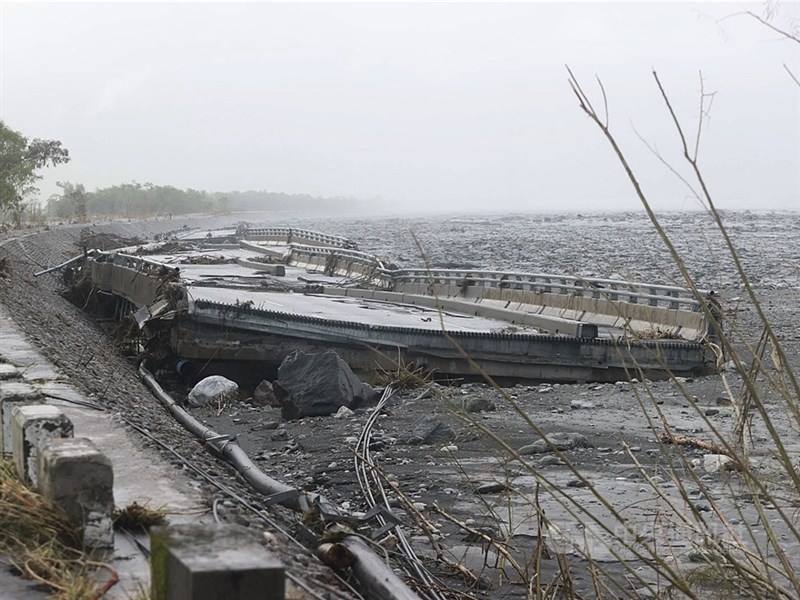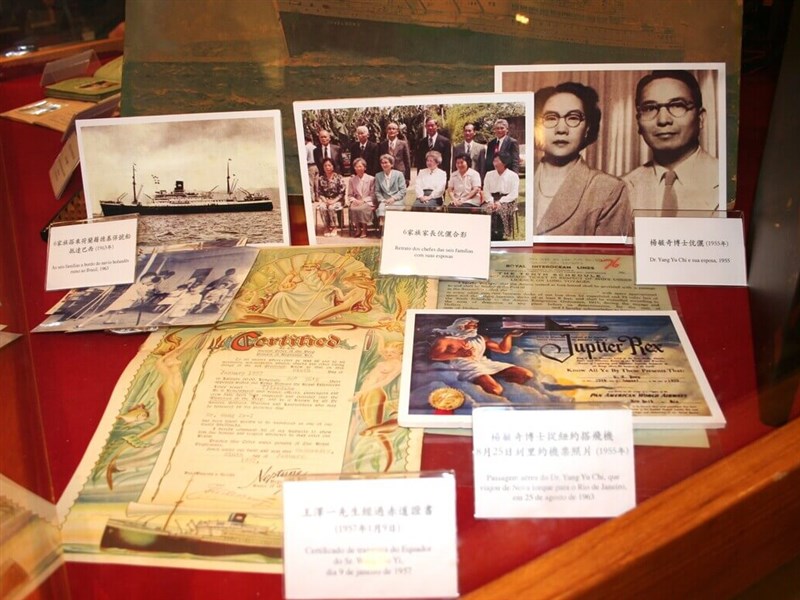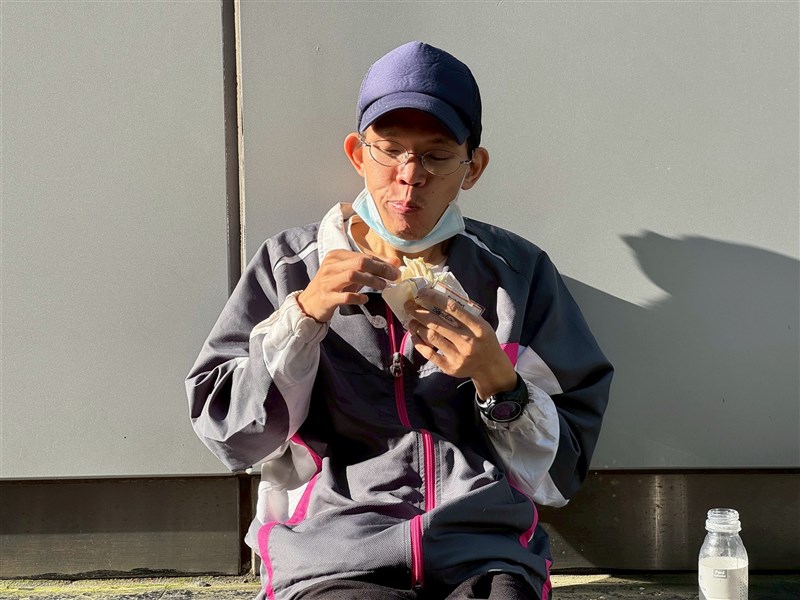In an increasingly complicated geopolitical landscape, Taiwan's newly elected president, Lai Ching-te (賴清德), has selected mostly familiar faces from the outgoing administration to help him navigate security and diplomatic challenges after he takes office on May 20.
(Full text of the story is now in CNA English news archive. To view the full story, you will need to be a subscribed member of the CNA archive. To subscribe, please read here.)
More in FEATURE
![Hualien flood leaves Taiwan grappling with disaster response gaps]() Hualien flood leaves Taiwan grappling with disaster response gapsOn Sept. 23, a historic downpour caused the Matai'an Barrier Lake in Hualien to burst its banks, sending 60 million tons of water and debris through Guangfu Township and killing at least 19 people.10/16/2025 05:02 PM
Hualien flood leaves Taiwan grappling with disaster response gapsOn Sept. 23, a historic downpour caused the Matai'an Barrier Lake in Hualien to burst its banks, sending 60 million tons of water and debris through Guangfu Township and killing at least 19 people.10/16/2025 05:02 PM![Fala Formosa! Taiwanese expats to Brazil carve 7 decades of immigrant stories]() Fala Formosa! Taiwanese expats to Brazil carve 7 decades of immigrant storiesSão Paulo is not typically thought of as a hotspot for Taiwanese restaurants and Boba tea shops, much less places that attract long lines of patrons.10/03/2025 04:08 PM
Fala Formosa! Taiwanese expats to Brazil carve 7 decades of immigrant storiesSão Paulo is not typically thought of as a hotspot for Taiwanese restaurants and Boba tea shops, much less places that attract long lines of patrons.10/03/2025 04:08 PM![A recipe for daily life: Taipei's homeless struggle to find food]() A recipe for daily life: Taipei's homeless struggle to find foodUnlike most Taipei residents, Chang Yun-hsiang's (張雲翔) first view in the morning is the open sky. His alarm is the sound of increasing vehicular and pedestrian traffic near Taipei Main Station, where he sleeps on the street a block away.09/20/2025 03:34 PM
A recipe for daily life: Taipei's homeless struggle to find foodUnlike most Taipei residents, Chang Yun-hsiang's (張雲翔) first view in the morning is the open sky. His alarm is the sound of increasing vehicular and pedestrian traffic near Taipei Main Station, where he sleeps on the street a block away.09/20/2025 03:34 PM
Latest
- Society
Taiwan warns citizens of shady Japanese part-time job schemes
12/16/2025 01:10 PM - Society
Sunny weather expected for much of Taiwan until Thursday: CWA
12/16/2025 11:57 AM - Business
U.S. dollar higher in Taipei trading
12/16/2025 10:30 AM - Society
Taiwan headline news
12/16/2025 10:04 AM - Business
Taiwan shares open lower
12/16/2025 09:12 AM


